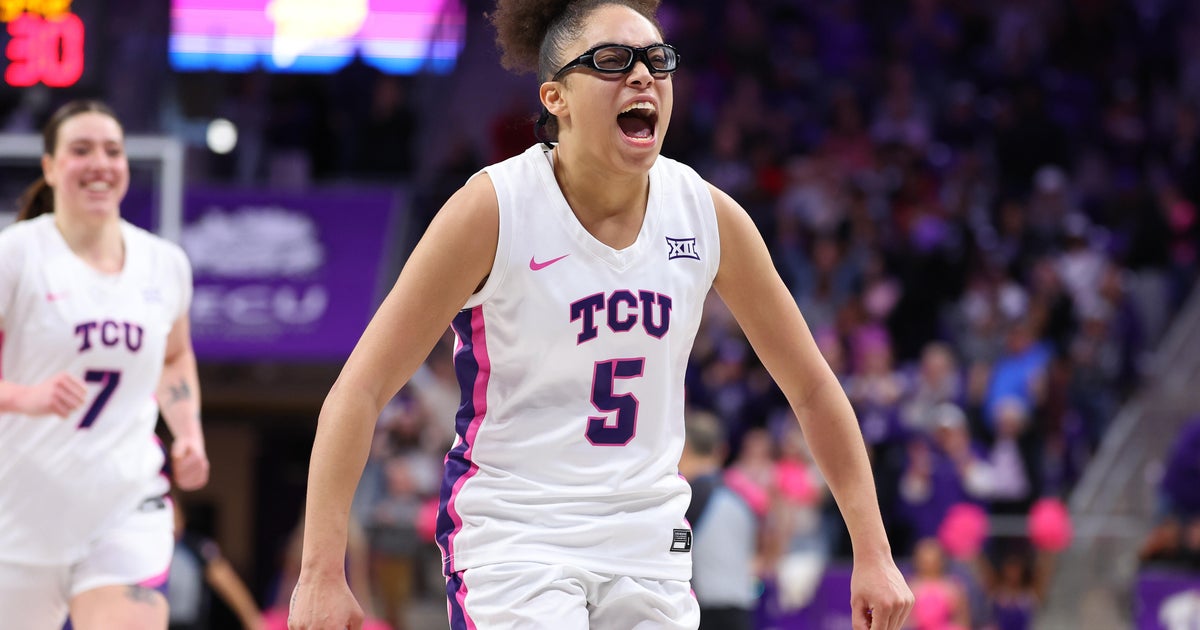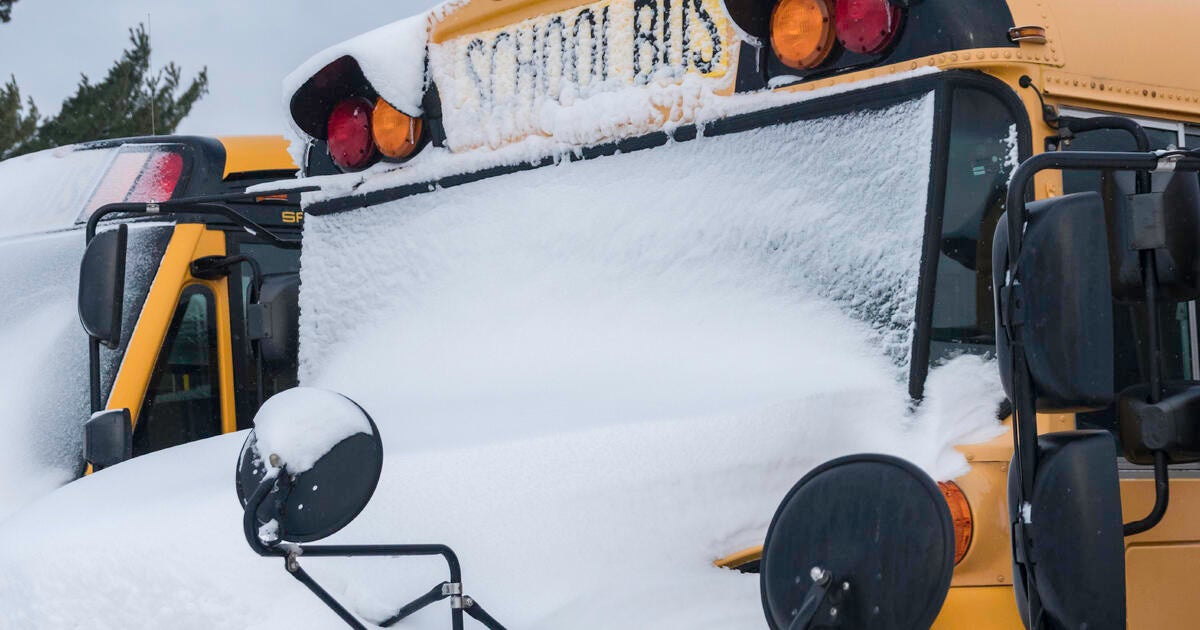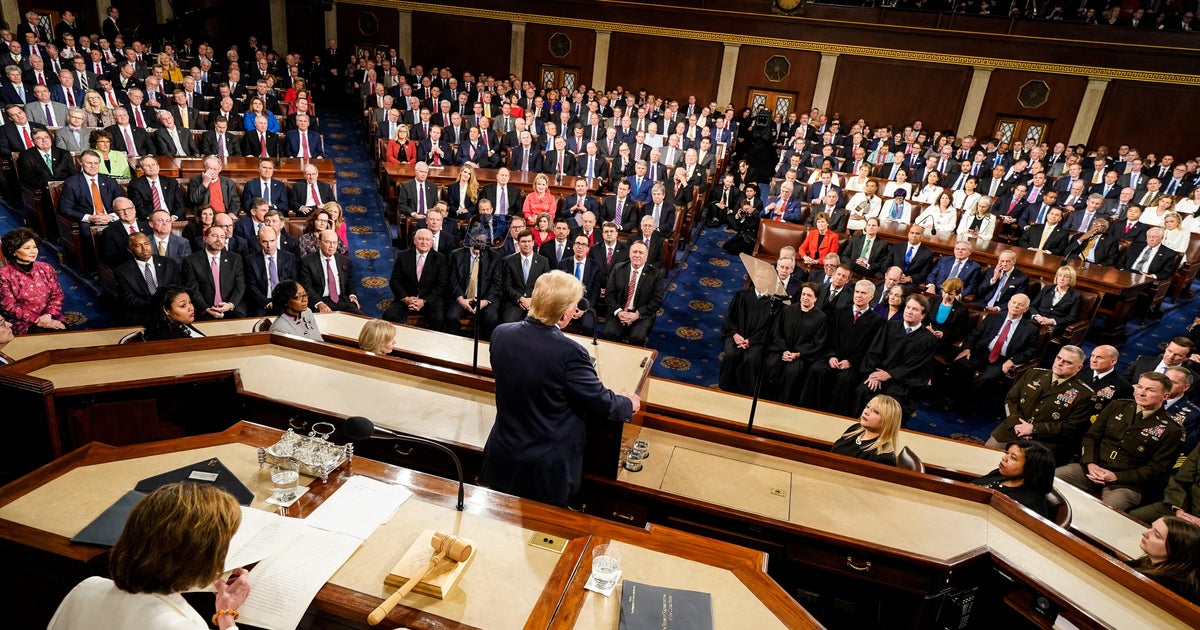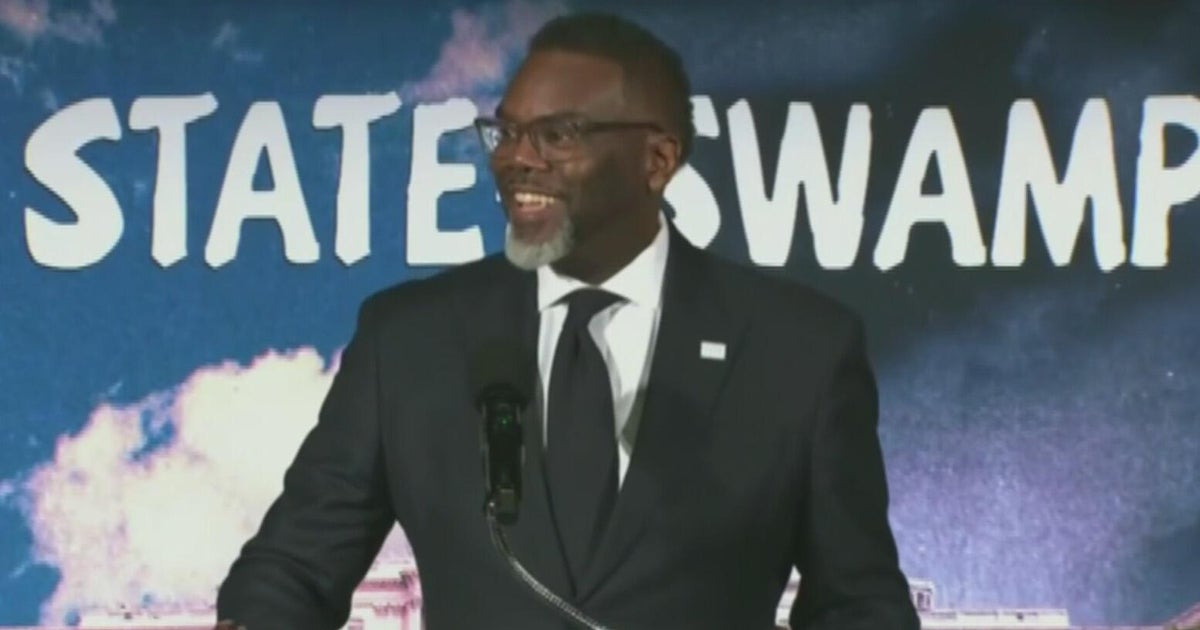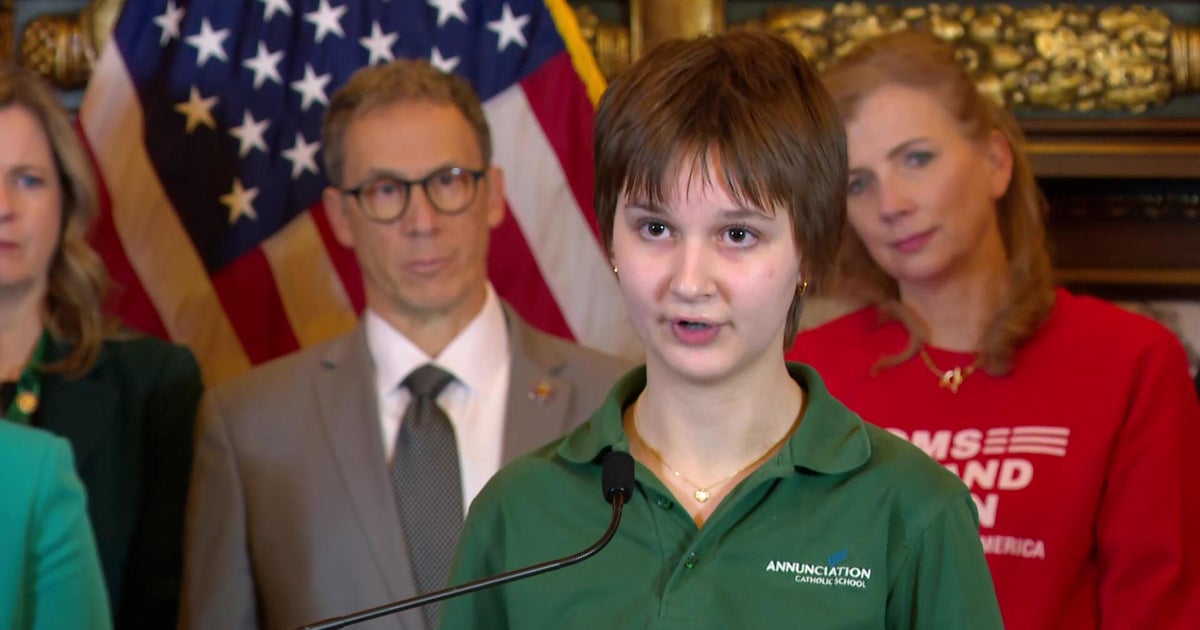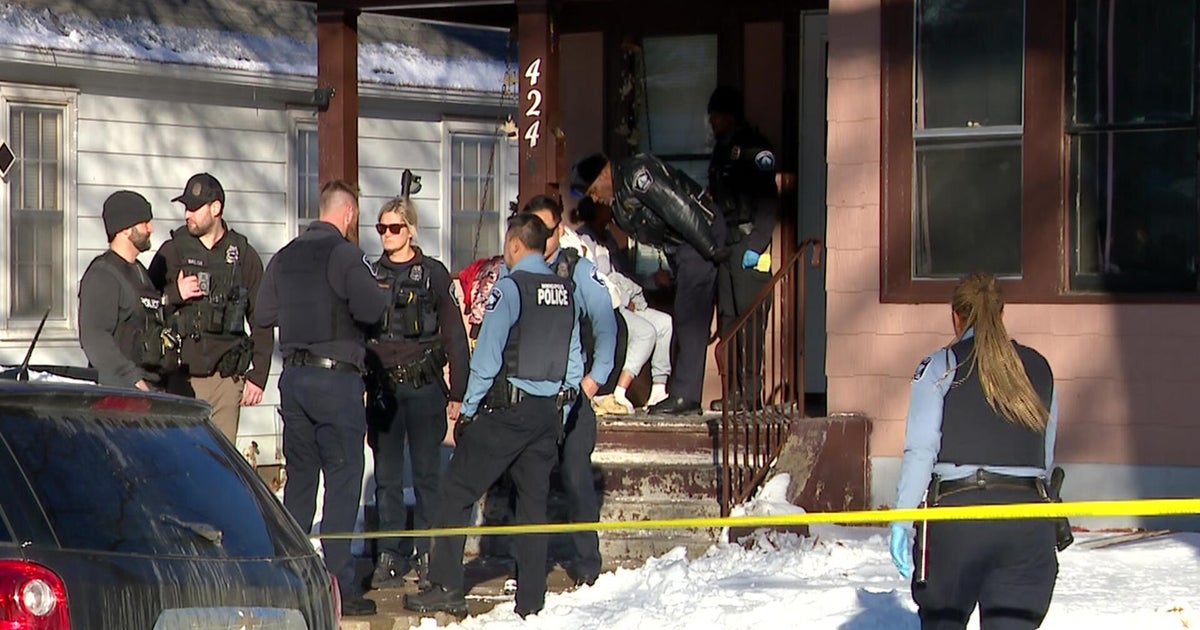Good Question: Why Do Iowa & New Hampshire Vote First?
MINNEAPOLIS (WCCO) -- On Monday, voters in Iowa will gather in libraries, schools and churches to start the process of choosing the next president. The following week, the people of New Hampshire will cast their votes for the party nominees at the polls. It's been this way for more than 40 years.
So, Scott from Champlin wants to know: Why do Iowa and New Hampshire vote first? Good Question.
"Today, they're first because they want to be," says Andy Aoki, a political scientist at Augsburg College.
Every four years, national press and some of the most famous politicians in the world descend on two of the smallest states. With them comes lots of money and attention that the candidates, states and political parties have fostered over the years.
But, it didn't start out that way. Since 1920, New Hampshire has held the first primary in the country. Not all that many people paid much attention to the process back then because not all states even had a primary system.
But, in the 1952 election, that all changed, says Andy Smith, political scientist from the University of New Hampshire. Smith says that's around the time New Hampshire changed its primary system to allow voters to express a preference for a candidate. Popular candidates, including General Dwight Eisenhower, were running and this was the first primary to be televised.
"Then the press started to pay attention," says Smith.
At that point, New Hampshire decided it wanted to remain first in the nation, so it passed a state law in 1975 requiring it.
So, how did Iowa jump ahead?
"Technically, New Hampshire is the first primary and Iowa is the first caucus, so they've worked out a little agreement," says Aoki.
After the 1968 Democratic convention, party leaders required the delegate-choosing process be more transparent. Some states chose the primary route for 1972, but Iowa chose a long, four-month caucus system. To be able to finish in time for the convention in June, the Iowa Democratic party needed to start early.
"Nobody cared because nobody thought of the caucuses as public deliberative processes that would reveal public opinion," said Cary Covington, a political scientist with the University of Iowa.
After the big 1976 win by Jimmy Carter, Iowa decided it wanted to stay first as well.
The national political parties then began to follow what would become tradition and put rules into place to keep New Hampshire and Iowa first. When other states considered leap-frogging, the parties even imposed sanctions to prevent it.
"The trouble is while maybe someone else should go first, who should," says Aoki. "It's easier for the parties to keep the peace rather than worry about the big fight that would ensue if someone else got the chance."


